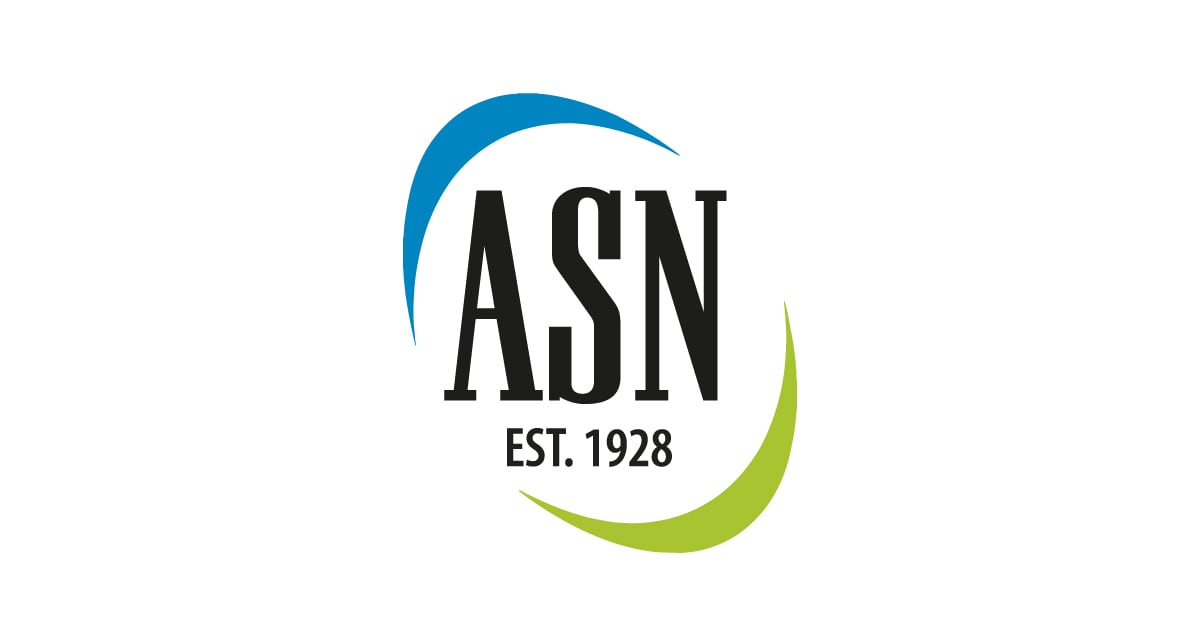Dr. Aguree is an active ASN member serving on the Scientific Program Committee and the leadership team of the Global Nutrition Council. He is a Postdoctoral Research Associate at Iowa State University.
In celebration of Black History Month, the American Society for Nutrition is sharing stories from its diverse membership. Black researchers have played an important role in nutrition science and continue to make meaningful contributions to public health. The Association for the Study of African American Life and History shared that when Negro History week was first started by Carter G. Woodson, he desired to provide a theme to each year’s month to call attention to important developments in Black culture. This year’s theme is Black Health and Wellness so we are proud to present an interview series featuring ASN members who work to advance public health and wellness through nutrition.

The contributions Black researchers have made to science have not necessarily been given the same level of attention as other aspects of popular culture. Is there a Black scholar you’ve admired, who has given you inspiration in your professional career? Why is representation in STEM important, and how does it impact our future scientists?
Dr. Noel W. Solomons, born and raised in Cambridge, Massachusetts, has taught at several universities in the US and abroad. He is a former awardee of the Kellogg Prize in International Nutrition, the IUNS International Nutrition Prize, and the National Medal of Science and Technology of the Republic of Guatemala.
Is there a special person or mentor in your life who gave you the encouragement you needed to achieve your academic and professional success?
Dr. Alison Gernand, Dr. Manju Reddy, and Dr. Ireneous Soyiri. Their encouragement to take up leadership positions and other training has helped my professional growth.
Can you tell us more about your current position?
I am a Postdoctoral Research Associate in the Department of Food Science and Human Nutrition at Iowa State University. My current research focuses on understanding iron metabolism and obesity and correcting iron deficiency and overload.
What aspects of nutrition research do you foresee being most important?
I foresee research in maternal and child health and obesity being most important. There will also be increased interest in developing and improving current methods for assessing and interpreting the nutritional status of populations (and individuals) to improve the quality of data from nutrition-based studies.
What advice would you offer your younger self, or students and postdocs, especially those who are from underrepresented groups?
My advice to my younger self or students/postdocs – don’t be afraid of unfamiliar environments. Give it a try; even if it doesn’t work, you would have learned some lessons that could help you in another way. Take advantage of every opportunity that comes your way. Never underestimate yourself because of the color of your skin. Your color does not define you.
What are your hopes for the future of Black scientists and what words of encouragement do you have to offer the new generation of scientists from underrepresented groups?
My hope for future Black Scientists is that they will take part in paving the way for future scientists. That they will push the limits when it comes to scientific discovery, especially when it comes to discoveries that provide scientific insight into diseases that plague the black community. My words of encouragement are that you deserve every award, recognition, and degree that you’ve worked hard for.
How can ASN as an organization and individual members support and encourage current and future Black scientists to pursue careers in the field of nutrition?
I would say mentorship for graduate students and early career professionals. I think that the minority travel awards and other sources of funding that ASN offers help students attend conferences and obtain resources that can feed their curiosity about nutrition. ASN as an organization and individual members can be more intentional about mentoring students and early career professionals to support their professional development and experience. I think that a mentorship or internship program would help encourage current and future Black scientists to pursue careers in the field of nutrition.
ASN’s Mission is to advance the science, education, and practice of nutrition with a vision of a healthier world through evidence-based nutrition. To get us there, we recognize that it will take the entire nutrition community, made up of individuals with diverse experiences, perspectives, and ideas to make our vision a reality. This diversity is the fundamental strength of our professional society.
Learn more about ASN’s diversity, equity and inclusion initiatives, and how you can provide support or get involved.




